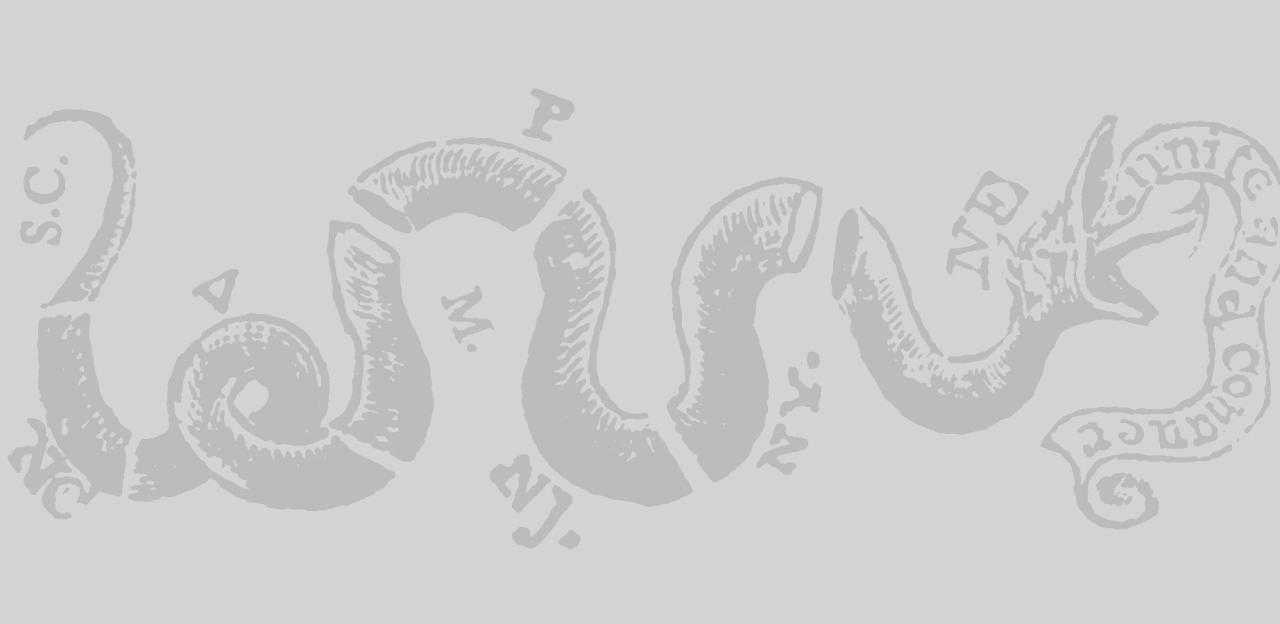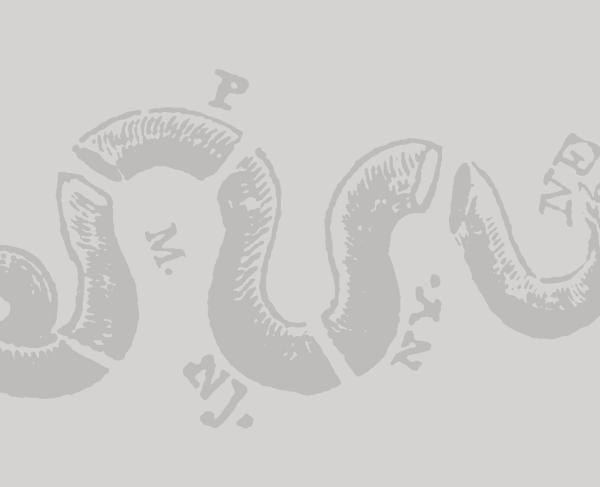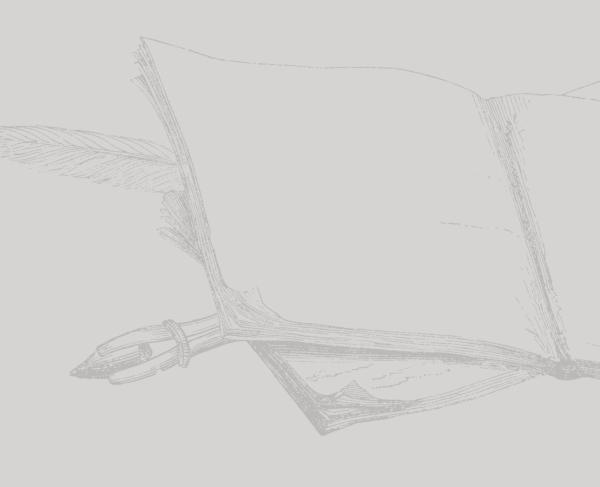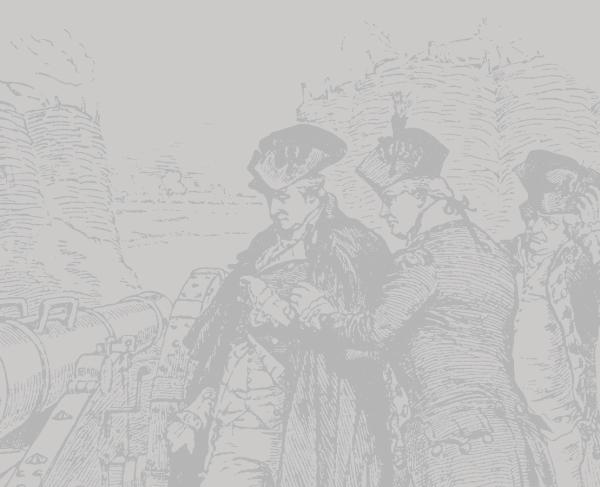"The Publick taxes is an unequal burden"

During the 1760's, some North Carolinians strongly opposed British colonial government and taxation. Their protests became the Regulator Movement. Herman Husband was one of the writers who gave voice to the colonists' complaints through his sermons and pamphlets. Though Husband was officially a Regulator, his writings inspired their movement and he was imprisoned at least twice for his verbal protests. The following excerpt is from a sermon that was published in 1770, and it outlines Husband's views that the North Carolina colonial government disadvantaged the small farmers of the colony.
I shall now consider some grievous oppressions that we labor under.
First, The Publick taxes is an unequal burden on the poor of this province, by reason the poorest man is taxed as high as the richest. Allowing the taxes to be all necessary, yet there ought to be some regard had to the strength of the beast; for all asses are not equally strong. We ought to be taxed according to the profits of each man's estate. And as we have no trade to circulate money, this tax ought to be paid in country produce. There would be men enough to be found to fill all posts of office for a salary paid in produce, as any man can afford to officiate in an office for country produce as well as to farm or follow any other calling, the chief of which bring in nothing else.
This is a grievous burden on the poor, as matters have been carried on, for money is not to be had of paper currency, or some medium to answer the trade of the country. And when a poor man's goods is distrained, the practice has been to take double, treble, yes ten times the value has sometimes been taken away. —And if they complain, they are not heard; if they resist, they are belabored like asses.
Merciful Lord, would any people rise in mobs to disturb a peaceable nation if they could help it! Who is more ready than the poor to venture their lives in time of war for the safety of the nation! nay it is pinching hunger and cold, brought on them by abuse of officers, that is the cause....
Neither is it any reflection on the king, to say, the poor are oppressed; for he don't make our laws: —'Tis the subjects themselves, like the fish, devouring one another, with this difference, we are devoured by law.
The narrow limits of our inferior court's jurisdiction, and likewise of a single magistrate, is a grievous burden on both poor and rich; and more so as we are obliged to fee lawyers; and in their demands they have got above the law, and have monopolized the whole power of the courts into their own hands.... [T]he lawyers use us as we do our stocks, they kill one here and there, or pluck us well, and then let us run a while to feather again.
We must make these men subject to the laws, or they will enslave the whole community. — General and private musters are also an unnecessary burden, especially in our large counties, the out sides of which have to ride from thirty to fifty miles; and the out sides of a county contain more than the heart. Going to one of these musters generally costs a whole week's labour. —And on the whole, costs the counties at least a Thousand Pounds each. A general muster is one week's loss in a year, which is one-fiftieth part of the year. —Four private musters one week more, which is one twenty-fifth part. — Working on the roads and attending courts, will soon reduce it to one-twelfth part of our time. —And of what service is all this cost attending the militia law? It serves to bring custom to a few Ordinary-Keepers, and for a day of gaiety and feasting to a few individuals, who have been vain enough sometimes to publish such a day's diversion in distant Gazettes.
With what indignation must a poor ass read such a paragraph of such vain boasting of such a crowd of poor asses, faint with hunger, cold and thirst, laying out two or three nights by a fire in the woods, to perform this journey; destitute even of a great coat of a blanket; and of no use under the sun but to make a show of grandeur to a few who, perhaps, are the most unworthy in the county.
This excess has not been practiced perhaps in many counties; —But it is not amiss to check it, lest it should grow, and you be tied neck and heels for the least affront, and made to ride the wooden mare. —It is enough to make a freeman's flesh creep to read this law; —which might be more tolerable, were the people allowed to choose their own officers. —It would be needless to mention every circumstance of oppression in this, which is yet but the civil burden.
I shall now proceed to the 3d head, to consider of a method to remove these burdens.
When the time of an election comes on, and those man of the world, who rule by wealth, and whose business it is to corrupt their fellow subjects, and cheat them by flattery and corruption; out of their liberty come to ask your votes, —do you despise their offers, and say to them, Your money perish with you....
Secondly, Forever despise that man who has betray'd the liberty of his constituents; this will lay a restraint upon the venal disposition of such as Incline to sell their country for Preferment. It would be a check to hinder them from going into the schemes of a Governor. — Never send those who depend on favour for a living, or on the perplexity of the laws, nor any who have ever discovered a want of good principles.
North-Carolinians, if you remain under these burdens, it must be your own faults; —you will stand recorded for asses to all generations if you do not assert your privileges before it is too late to recover them. It is not disloyalty, nor injurious, to give Instructions to the candidates you choose, and take their solemn promise and obligation, that they will follow those instructions. This is far more noble than rioting a few days in drunkenness. Assembly men are your servants, and it is but reasonable they be made accountable to you for their conduct....
Finally, My brethren, whenever it is in your power, take care to have the house of assembly filled with good honest and faithful men; and encourage and instruct them on all occasions: And be sure to let your elections be no expence to them.
Source: Herman Husband, "An Impartial Relation of the First Rise and Cause of the Recent Differences in Publick Affairs," reprinted in Revolutionary History of North Carolina, eds. Francis L. Hawks, et al., (Raleigh, NC: William D. Cooke, 1853) 21-27.


